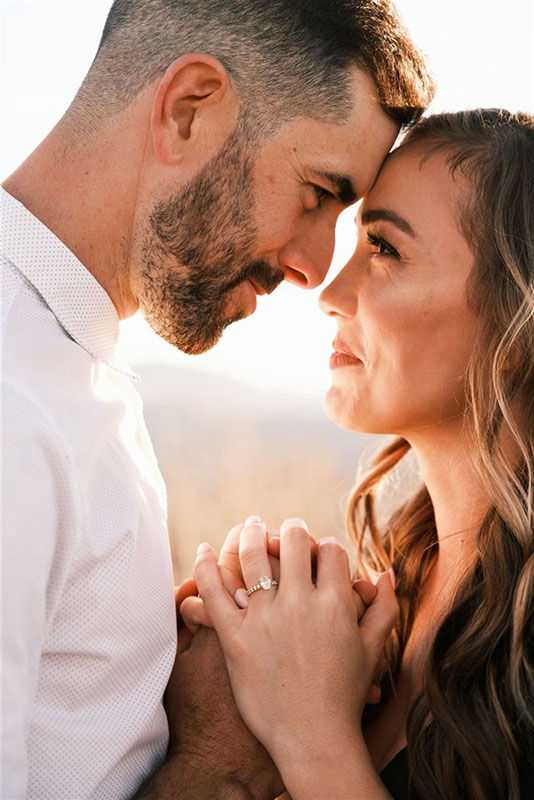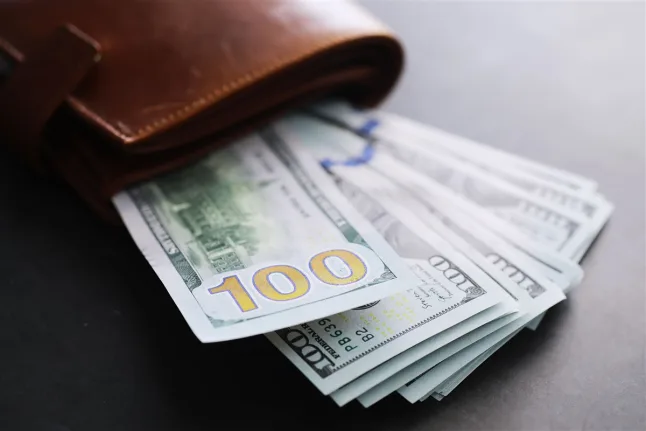- Insure valuable pieces through riders or specialty insurers
- Obtain proper appraisals from certified professionals for adequate coverage
- Consider self-insurance, though it's risky for significant investments
The price of a diamond ring ranges from a few hundred to tens of thousands of dollars, depending on its size and quality. Therefore, purchasing diamond ring insurance is a wise step in protecting a significant investment.
Do I Need Insurance For Diamond Rings?
Before I became a jewelry appraiser, I worked in the insurance industry - an experience that gave me valuable insight into questions like 'how does ring insurance work' and 'why is it necessary to insure your diamond ring'.
Most homeowners’ and renters’ insurance policies include a minimum amount of blanket coverage as well, typically up to $2,500, for all your jewelry in the event of fire or theft. Some policies may also cover “mysterious disappearance,” meaning the item is lost and cannot be found despite thorough searching.
You can insure diamond rings and other valuable jewelry items through riders, which are typically available as add-ons to most homeowners' or renters' insurance policies.
Riders are especially useful when the value of a single piece of jewelry (such as a diamond ring) exceeds the standard coverage limit. They ensure that your item is insured for its full replacement cost. Typically, the premium for a rider is calculated based on a rate per thousand dollars of the item's appraised value.
For example, if your diamond ring is appraised at $8,000 and the rate per $1,000 is $1.20, then your monthly premium would be around $9.60. *This example does not reflect an actual insurance policy; it is for illustrative purposes only. *
Appraiser Credentials
An appraisal is essential if you want to insure diamond ring or other valuable diamond jewelry pieces. While there are no federal or state licensing requirements to become a jewelry appraiser, the industry does uphold minimum evaluation standards that should not be overlooked. Many jewelers with basic gemological training are qualified to provide appraisals for new jewelry they sell. However, appraising estate (pre-owned) jewelry typically requires more advanced expertise and specialized training.
National Association of Jewelry Appraisers (NAJA). There are six levels of membership. Candidate Member, Member, Senior Member, Certified Member (C.M.), Certified Senior Member (CSM), Certified Master Appraiser (CMA).
American Gem Society. C.G.A. (Certified Gemologist Appraiser).
Both of these organizations require extensive training - either a GG (graduate gemologist diploma from the GIA) or an FGA (Fellowship of Gemmologists Association based in Europe), along with courses on ethics and evaluation.
The Most Common Types Of Appraisals
Replacement Value: This is the most commonly used type of appraisal. It estimates the cost to replace the item at current retail prices and is typically used for insurance purposes.
Fair Market Value: Often used for estate or pre-owned jewelry, this appraisal reflects the price that a willing buyer and a willing seller, neither under any pressure, would agree upon in an open market.
Liquidation Value: Used in situations such as estate settlements, divorces, or financial hardship, this appraisal represents the quickest sale value. It is generally the lowest of the three valuation types.
Wondering which type of appraisal is right for you or how to get your diamond appraised? Rare Carat offers appraisals as a convenient $20 add-on to your order—ideal for those looking to insure their diamond ring or obtain its documented value.
Insurance Companies Specialized In Jewelry
As with any type of insurance, it’s wise to shop around, comparing not only premium rates but also the company’s reputation for handling claims efficiently and fairly. If you're seeking a reputable and affordable provider that offers coverage for both individuals and businesses, consider exploring policies from Jewelers Mutual.
Self Insurance
Self-insurance refers to the decision not to cover your diamond ring or other jewelry items with an insurance policy. In this case, you assume full responsibility for any loss, damage, or repairs, meaning all replacement or repair costs would come out of your own pocket.
Once you’ve secured coverage, explore Rare Carat’s engagement rings built with durable settings and certified stones for long-term peace of mind.
The Choice Is Yours

Typically, when someone purchases a diamond ring, it marks a significant occasion, such as an engagement, wedding, anniversary, or a major personal milestone. As a result, a diamond ring is not only a substantial financial investment but also a deeply sentimental possession.
Given its emotional and monetary value, deciding to insure your diamond ring against risks like theft, fire, or mysterious disappearance is both important and necessary. While those with ample financial resources might choose to self-insure, for most people, securing the right insurance coverage is a practical and responsible choice.

